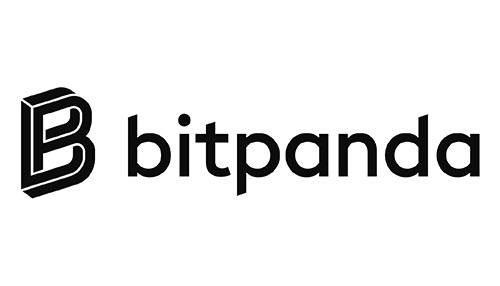Benefits of a payday loan, how it works, and related information

Are you a salaried employee who finds it difficult to make ends meet at the end of each month? Most people whose households run on paychecks struggle as the month draws close, especially if there is a financial emergency.
When you desperately require extra funds, the best option is to approach licensed moneylenders like A1 Credit, who provide a payday loan in the least time.
But what does the term mean, when do people require it, and what are some essential things you should know before applying for a loan? Continue reading to find out.
What does a payday loan mean?
A payday loan lets you meet your expenses without waiting for your next paycheck. These are especially useful for people with a bad credit score or low credit limits and, therefore, don’t qualify for credit cards.
These are also referred to as short-term loans, because of the limited time for repayment, unlike personal loans, which have a longer repayment period.
How does it work?
Most money lenders will offer you a loan equivalent to a month’s salary, which they will deduct from the wages you subsequently receive. However, you should know that under no circumstances would a lender be willing to offer you a loan that exceeds your salary.
Are they secured or unsecured?
Most payday loans are unsecured (loans that do not require any collateral), making them ideal for situations where you need immediate cash. However, despite not involving collateral, you should remember to repay the money on time to avoid late fees and interest rates.
Another reason to avoid missing the payment date is the high-interest rate, causing a significant increase in the original amount. It could also affect your credit score or history, making it challenging to secure such loans in the future.
What are the interest rates and fees?
Understanding interest rates and fees are vital before applying for a loan. According to the Ministry of Law in Singapore, lenders can charge a maximum interest rate of 4% every month, regardless of the borrower’s salary, financial position, or whether the loan is secured or unsecured.
According to the Registry of Moneylenders, lenders cannot charge more than 60 SGD monthly for late repayment, and the fee must not exceed 10% of the loan’s principal amount.
Is there a limit on the borrowing amount?
The law allows you to borrow an amount that is six times your monthly income if your annual income exceeds 20,000 SGD. However, you can borrow a higher amount than your income if you opt for a secured payday loan (most lenders will give you the option to do so).
Tips on finding a reliable moneylender
You should borrow from lenders registered in the Registry of Moneylenders under the Ministry of Law, Singapore. Trustworthy companies will avoid indulging in unprofessional conduct like asking you for your password or other sensitive information.
Under the laws, lending companies can only get in touch with you through business directories, official websites, and advertisements on the office’s premises.
You should avoid those who ask you for your user ID, ask you to sign an incomplete loan contract, grant the loan without reviewing the application, and hesitate to return your identification documents.
You should apply for payday loans only from licensed moneylenders like A1 Credit, who are reliable and follow the rules on late fees and interest rates. There are several advantages to borrowing from private lenders when you’ve run out of cash and need it immediately.


























